Retaliation claims continue to top the type of claims received by the EEOC, representing 55.8% of all charges in 2020.
The EEOC holds that an employer may not fire, demote, harass or otherwise “retaliate” against an individual for filing a charge of discrimination, participating in a discrimination proceeding, or otherwise opposing discrimination.
The same laws that prohibit discrimination based on race, color, sex, religion, national origin, age, disability and “genetic information” as well as wage differences between men and women performing substantially equal work, also prohibit retaliation against individuals who oppose unlawful discrimination or even participate in an employment discrimination proceeding.
Catapult’s Advice Team reminds members not to take any Adverse Action against an employee who has complained of harassment or discrimination or filed an employment discrimination charge with the Equal Employment Opportunity Commission (EEOC) unless the action can be clearly supported.
Q. We had an employee to file a harassment claim with the EEOC against another member of management. The employee has recently bid on a job opening with our company, which would be a promotion for her. Her manager doesn’t want to select her because the manager considers her not loyal to the company because of the harassment claim. Would this be considered retaliation by the EEOC?
It most certainly would. If the manager does not award the job to this employee, the decision must be based on job and performance related issues – not the fact that the employee filed an EEOC claim making allegations. Basing a decision because of the filed agency claim would meet all three criteria: Adverse Action, Covered Individual and Protected Activity.
Q. Our Top Site Official discovered from one of his counterparts at another organization that a candidate we are considering for hire has an active EEOC claim against his organization. Would not hiring the candidate be considered by the EEOC as retaliation?
It depends. If this candidate is not hired, it needs to be based on job qualifications – not because of an agency claim being filed. This situation can also be a double edged sword in that your organization and the candidate’s former employer could both be hit with a retaliation claim. The candidate’s claim against his former employer is considered as Protected Activity.
Q. We have an employee who has filed a religious discrimination claim with the EEOC. The employee’s supervisor, who was not named in the claim, is hesitant from discussing performance issues because of the claim and doesn’t want a retaliation claim to follow if she does? Should she or shouldn’t she address these performance issues with the employee?
I would suggest moving forward with performance counseling sessions as long as the performance issues are legitimate and she addresses performance issues with all employees. This is not to infer, however, that the employee would not file a retaliation claim. The EEOC would judge this claim on its merits. The supervisor would need to prove that she is consistent in discussing performance issues with other employees when needed and that the practice of such is not discriminatory.
Q. What if an employee reports harassment to HR on behalf of other employees that he/she has witnessed being treated unfairly. Then management takes Adverse Action against him/her, would the EEOC view this as retaliation?
Yes it would. The EEOC’s position is clear that any Adverse Action taken against an employee reporting harassment of others, weather internally or externally, is retaliation. Reporting such harassment is viewed by the agency as a Protected Activity.
Note: Any type of retaliation is a catalyst for negative employee relations, and even more so if such behavior is condoned and/or not addressed by management. Retaliation left unchecked can not only create significant morale problems, but it can also result in a lack of confidence in management.
If you have questions related to retaliation or discrimination of any type, contact the Catapult Advice Team.
Note: Review state laws for state-specific provisions.
Written by a Catapult Advisor

